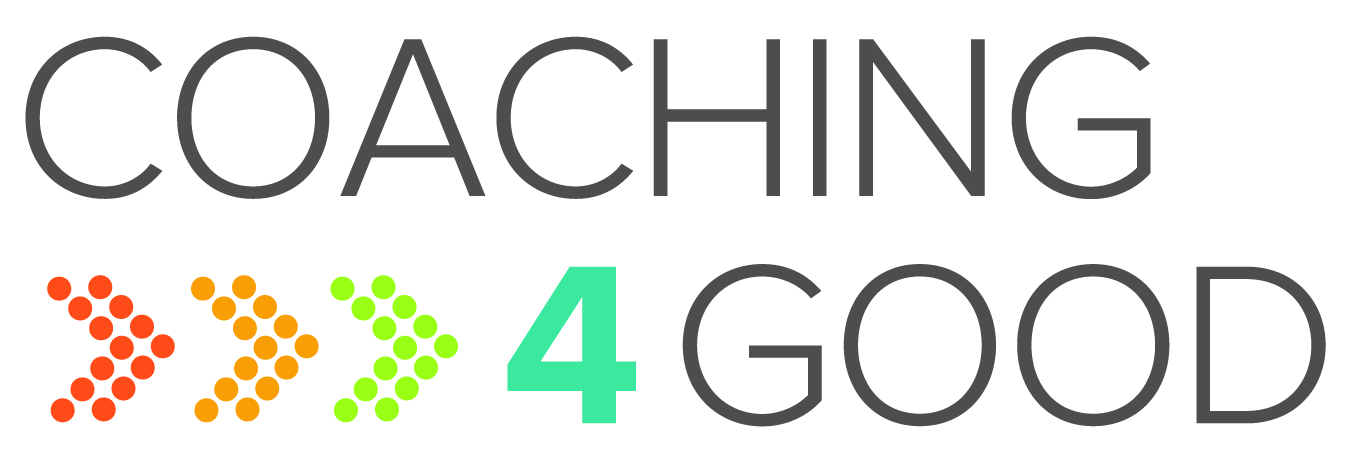
We humans are “meaning making” beings. Meaning-making is the way we understand or make sense of ourselves, the events that happen to us, interactions with others, and so on. We are wired this way.
However, meaning-making can sometimes cause undue stress from miscommunication in the workplace.
We all absorb information differently
I was reminded of this during a workshop I recently presented. This specific workshop was geared toward understanding your personality traits and those of your team members. While I truly love presenting to others, it’s the examples from the workshop participants that truly brings the presentation to life.
For example, at one point in the presentation we were discussing how we all take in information differently. Some people need to take in information in a big picture way and then work their way down to the details. Others need to absorb information from a detailed perspective and connect the parts to understand the big picture. Others fall on the continuum in between those two extremes.
Differences in understanding cause miscommunication in the workplace
It is very likely that we are working with others who process information differently than we do. Sometimes when we are providing others with information on what we need, they may not truly understand what we are asking for. They are taking in the information differently. Their understanding is different than ours.
One participant gave an example of her work with another team in her organization. She submits requests for this specific team on a routine basis. 60% of the time, the final product she receives is not quite what she requested. It has elements of her request, but it is missing pieces.
During the workshop, she reached an ‘aha moment’ and realized the following:
It is easy to jump to the wrong conclusion
So what happens when there’s a miscommunication in the workplace? When they complete the assignment as we asked and it is not what we expected, what do we do? For many, our gut instinct is to create a story – to make meaning around it.
- What is wrong with them?
- Why can’t they get me what I asked for?
- Are they lazy?
- Are they uninterested?
- Maybe they are terrible at their job?
- I have asked for similar things in the past, how could they get this wrong?
- Why can’t they see that A = B?
Sometimes we let our stories continue for months or years without getting to the root of it. Sometimes we share our stories – and the meanings we made – with others regardless if it is truly accurate or not.
You can still make a choice
We can choose the meaning that there may have been a disconnect in what you said and the other person’s understanding of the request. We can choose to investigate it and see if there is anything we can do on our end to avoid a future miscommunication in the workplace.
However, think about how introducing this level of awareness into our lives can help free us from stress and conflict we feel about situations. It can help us make a choice to take different actions in a situation and potentially resolve a miscommunication in the workplace immediately.
We will continue to make meanings and create stories to help us understand ourselves and the world around us. Noticing or being aware of these stories and the meanings we are making can only serve to help us in our development as humans and in the workplace. Have a good example to share? Let us know in the comments below.
Amy Wolfgang
Amy Wolfgang is a career coach who founded Wolfgang Career Coaching and co-founded Coaching 4 Good. She brings over 15 years of corporate and coaching experience to help organizations boost employee engagement while simultaneously helping her clients excel in their careers. She is a certified PCM (Professional Career Manager) and has a Master’s degree in Educational Psychology from The University of Texas at Austin.






Stay In Touch